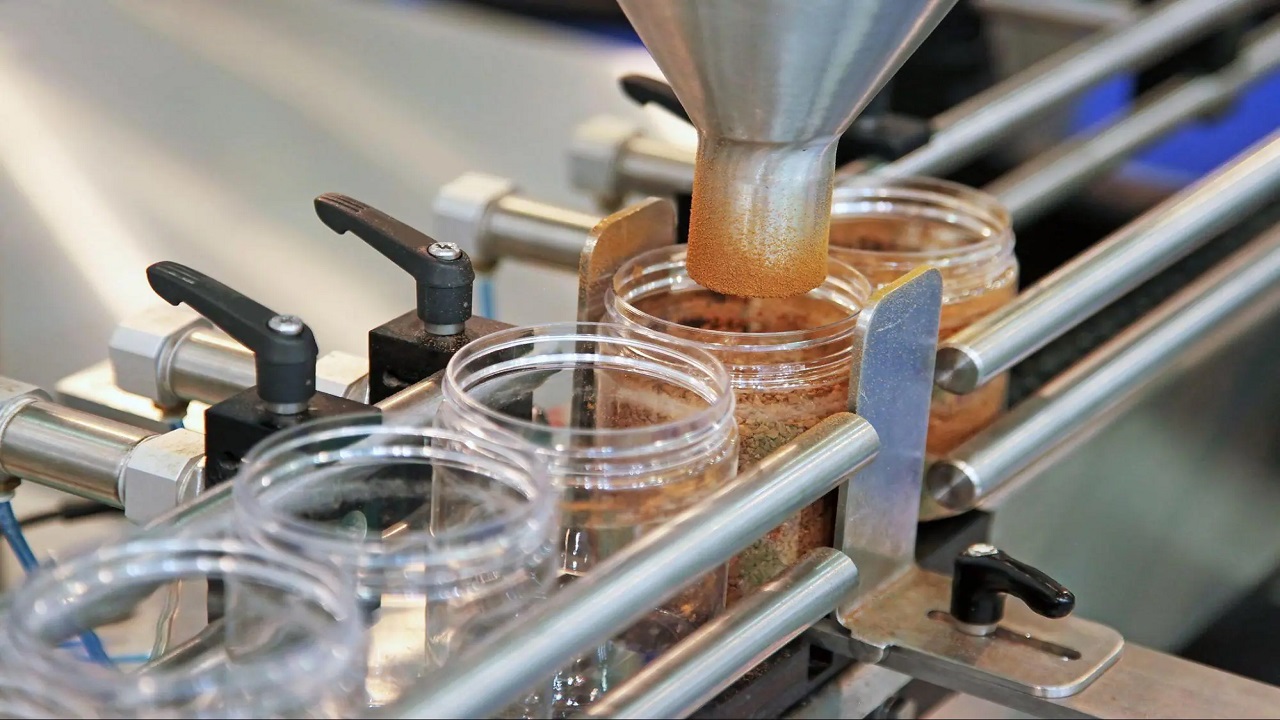Kayleigh shares articles on Society blog. She also blogs about her experiences in the workforce and how she set out to find a career she loved, which led her to work with an ethical employer. maemae believes that life is too short not to enjoy your job, and that there's no shame in pursuing a career you love!

Consistency is very central in the food industry given that any slight derailment in environmental management compromises the quality of foods by worsening the hygiene, texture, durability, and taste. One of the most important but lesser-known means of keeping the ideal storage and production temperature is the industrial dehumidifier. Companies such as Yakeclimate have inevitably become pioneers by presenting sophisticated dehumidification technologies, which were created to serve the food industry’s demands. From reduction of spoilage to energy conservation, this is why dehumidifiers are important to the industry.
Safeguarding Product Quality
The food dehumidifiers are important to avoid moisture in the foods or any products produced from them to maintain their quality. High humidity increases the risk of microbial growth and mold and bacteria that endanger food products. Since mold growth is checked through low humidity, food dehumidifiers keep food safe from microbes at certain levels and free from moisture.
Industrial dehumidifiers can be effectively used in bakeries and confectionery industries, chocolate and dairy products industries since small changes in moisture content affect the quality and properties of the end products. Yakeclimate has smart sensors and automatic humidity control, thereby making it suitable in case of dehumidification.
Maintaining Shelf Years of Short-Lived Food Products
In areas such as cold storage and warehouses containing perishability foods, it is requisite to control the environment to increase the shelf life of the foods. Meat and dairy as well as many varieties of fruits and vegetables are especially susceptible to moisture. Food dehumidifiers can also be used in storage rooms to reduce the duration it takes before the stored items develop catcher and get fresher.
One must install dehumidifiers in the food storage areas depending on the degree of rapid spoilage especially to the food stuffs that spoil rapidly in the presence of humidity. Further, controlled conditions indicate low use of preservatives and hence can suit the new generation consumer who prefers consuming preserve-free products.
Avoiding Equipment Failure
It is said that leakage of water on packaged food products leads to high humidity in food processing environments, a condition that brings about wearing and corrosion of machinery from accumulated condensation. Dehumidifiers assist because they keep the required levels of moisture removing the harm that can come from moisture to sensitive equipment. This is especially helpful in areas with many complex machines that require repairs, so it ends up being very costly. Dehumidifiers with energy-saving cycles incorporated in them, including those of Yakeclimate, employ the best energy cycles and re-generated heat sources when controlling humidity.
Boosting Energy Efficiency and Sustainability
Energy consumption is one of the main measures that food industry operators should consider when deciding about their strategy and cutting unnecessary expenses and environmental impacts. These systems are energy efficient because they do not allow the need to constantly adjust temperatures for air conditioning or heating depending on high or low humidity. To ensure lower energy consumption and great performance, brands like Yakeclimate have come up with climate models that employ desiccant and refrigerator technologies to remove moisture from the air. Hiring a highly efficient dehumidification system does not only mean low energy consumption but also reflects the company’s measures towards implementing sustainable business processes.
Improving the Comfort and Safety of the Workers
Excessive humidity in workplaces is uncomfortable for employees and poses certain risks at the workplace. The main problem associated with high humidity is slippery floors which make people slide on and can cause accidents at the workplace. Moreover, excessive humidity may create conditions that are hardly tolerable for the workers, especially in cases when the heat is produced outright – by the functioning of machines and equipment. By controlling humidity levels in various working environments, food dehumidifiers enhance the quality of air with which workers breathe, and subsequently, the general well-being, productivity, and morale of the workers are enhanced.
Better Packaging and Production Line
Water causes some of the packaging material to be compromised and therefore the sealing and labeling process among others is interfered with. In manufacturing lines, especially the food product lines, the result is delay, wastage, and higher costs are imminent. Low humidity prevents labels from un-sticking, seals from breaking, and prevents damage to other packaging materials used in their production. Therefore, getting quality food dehumidifiers is necessary in the food industry for the product’s life as well as for the overall working processes in the food industry.
Conclusion
Food industrial dehumidifiers are a necessity for any industry to prolong product shelf life, preserve equipment, and make workplaces safer. Such brands as Yakeclimate set the bar for quality dehumidification solutions especially developed for conditions of food production and storage facilities. Realizing better control of humidity would greatly benefit food companies since this leads to improved operational performance, lower energy usage, and expenses, and make a safer environment for employees as well as consumers.
